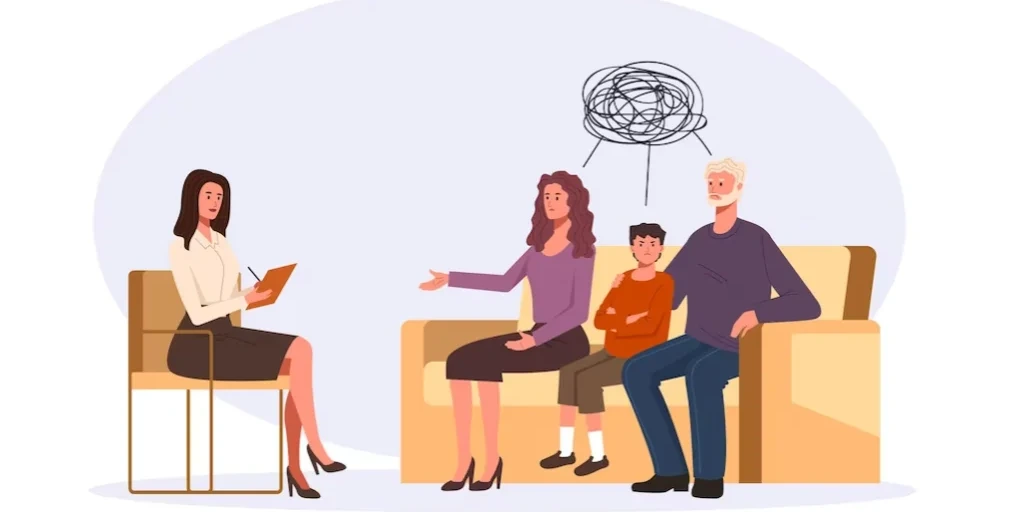24/7 Helpline:
(866) 899-221924/7 Helpline:
(866) 899-2219
Learn more about Eating Disorder Treatment centers in Dowagiac
Eating Disorder Treatment in Other Cities

Other Insurance Options

Absolute Total Care

Humana

UMR

BlueShield

Group Health Incorporated

Regence

Carleon

BlueCross

Magellan
Beacon

Self-pay options

CareFirst

Private insurance

CareSource

Evernorth

Covered California

MHNNet Behavioral Health

MVP Healthcare

UnitedHealth Group

Magellan Health






Woodlands Behavioral Healthcare Network
Woodlands Behavioral Healthcare Network works with individuals, families, and the community to inspi...





















































































